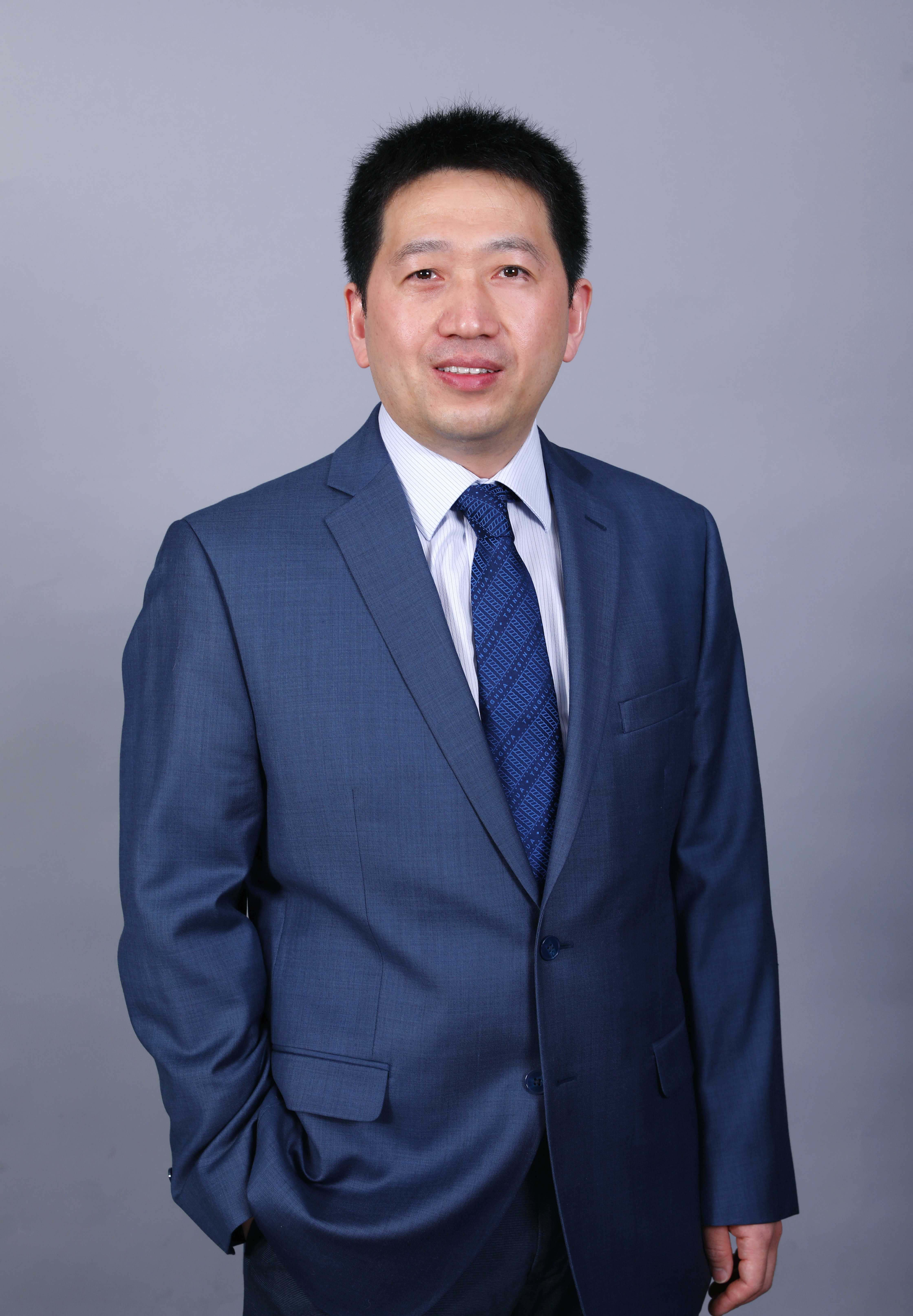“High-quality educational program, First-class innovative research environment, and Sustainable development paradigm are three pivotal pillars for the School of Life Sciences at Tsinghua University to advance towards a primer leading institute in the world.”
A Century of Pioneering Contributions: Established in 1926 as the Department of Biology, the School of Life Sciences at Tsinghua University has been a cornerstone of biological education and research in China. Throughout its history, it has nurtured generations of distinguished scientists, making profound contributions to the nation’s scientific and economic progress. Following a temporary suspension, the department was reinstated in 1984 and later elevated to a full-fledged School of Life Sciences in 2009.
Four Decades of Resurgence and Growth: Since its re-establishment 40 years ago, the Department of Biological Sciences and Biotechnology and later the School of Life Sciences have flourished, leveraging the robust academic infrastructure of Tsinghua University and the generous support of partner institutions and national programs. Driven by a defining spirit of innovation and excellence, the School has undertaken strategic reforms to attract world-class talents, cultivate emerging scientists, drive cutting-edge research, and foster international collaborations. Today, it stands as a premier global hub for life sciences, offering exceptional training at both undergraduate and graduate levels in biology in general, with special emphases on Biophysics and Structural Biology, Cell and Developmental Biology, Neurobiology, Plant Biology, Physiology and Molecular Medicine, and Synthetic and Interdisciplinary Biology.
Celebrating Milestones and Embracing the Future: In 2024, we commemorated the 40th anniversary of the revival of Biology at Tsinghua University. As we approach the centennial celebration of Biology at Tsinghua University in 2026, the School of Life Sciences reaffirms its unwavering commitment to innovation and excellence in education and research. We are dedicated to attracting outstanding talent, training the next generation of scientific leaders, fostering interdisciplinary collaboration, and expanding the frontiers of life sciences.
Together, we continue to shape a future defined by talent, discovery, and impact.

Song-Hai Shi, Ph.D.
Professor and Dean

